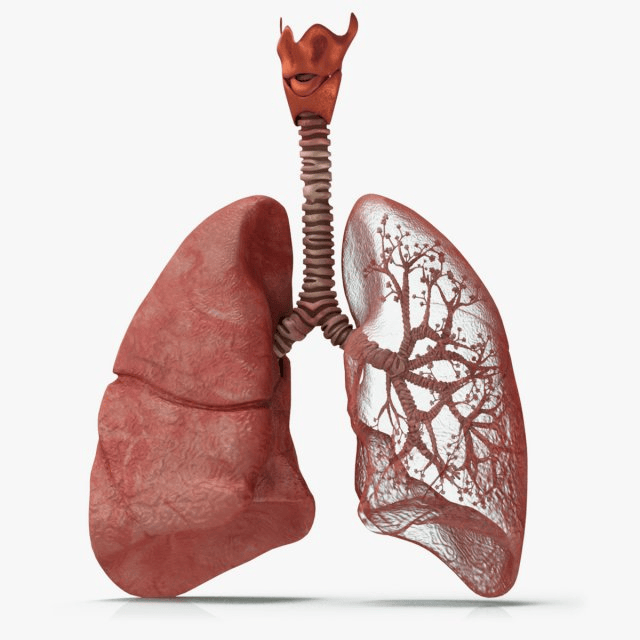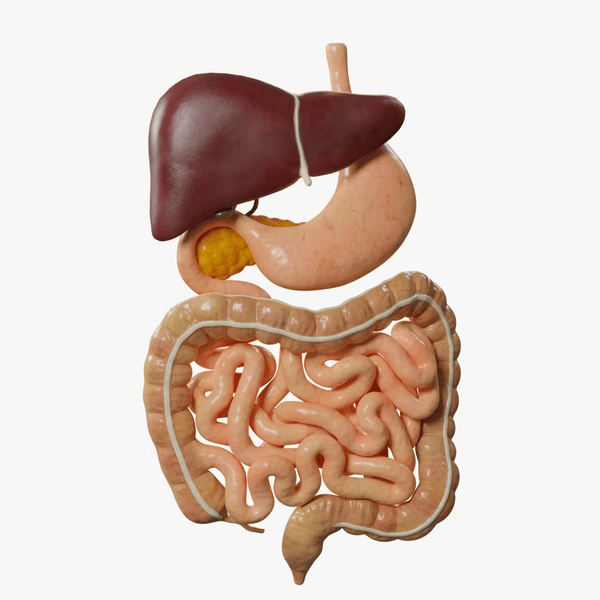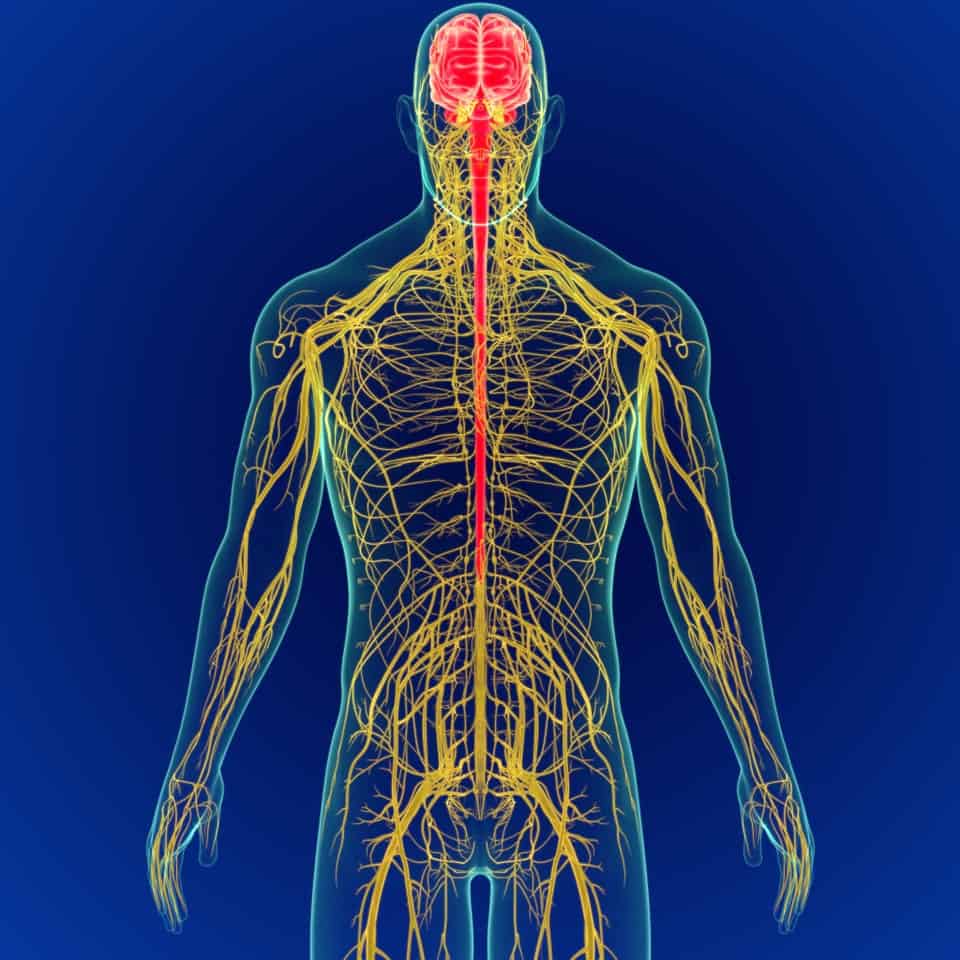Select a system to learn more about
POTS
.
Heart: The heart pumps blood throughout the body. In the sympathetic system, it increases its rate and strength of contractions to support the "fight or flight" response. In POTS, this function is dysregulated, causing rapid heart rate upon standing.


Lungs: The lungs deliver oxygen to the bloodstream and expel carbon dioxide. In the sympathetic system, breathing rate increases to provide oxygen to muscles. In POTS, oxygen delivery can be insufficient due to poor blood circulation.


Digestive System: The enteric system controls digestion and nutrient absorption. It coordinates with other systems to maintain balance. In POTS, digestive issues such as bloating, nausea, and slow digestion may occur.

Parasympathetic System: The parasympathetic system is responsible for stimulation of "rest-and-digest" or "feed-and-breed" activities that occur when the body is at rest.


What happens in POTS:
In POTS, the autonomic nervous system fails to regulate blood flow correctly. This leads to:
In POTS, the autonomic nervous system fails to regulate blood flow correctly. This leads to:
- Heart: Rapid heart rate upon standing (tachycardia).
- Lungs: Shortness of breath or difficulty getting enough oxygen.
- Digestive System: Slowed or impaired digestion.
